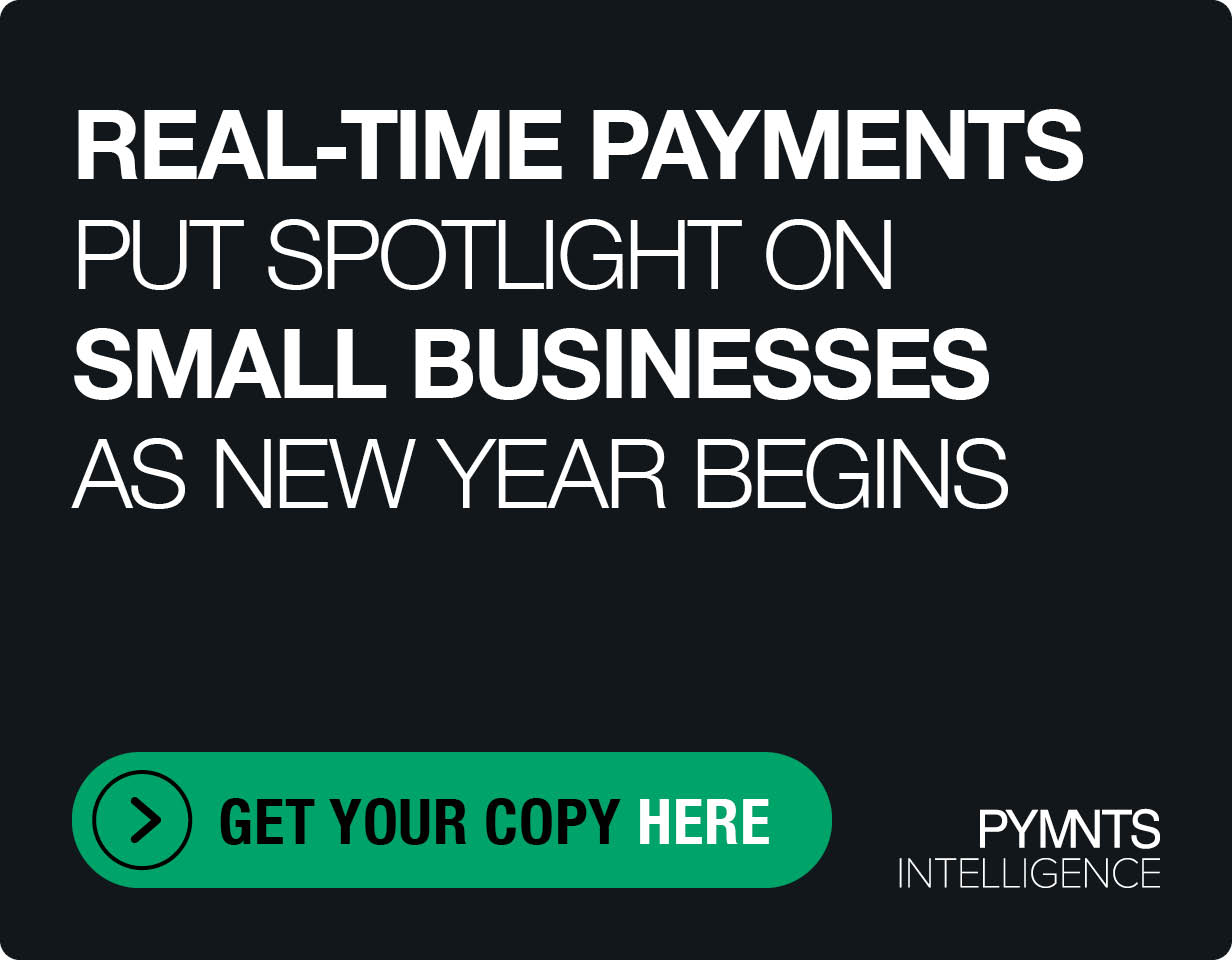Consumer Bill Payment Services and PayFacs Take the Sting Out of Card Acceptance Costs
Marc Hopkins, vice president at E-Complish, told PYMNTS that although they’re almost universally used, and consumers expect merchants to accept them, credit and debit card acceptance is not automatically a given.
“There are pain points in the costs for processing cards,” he said.
The costs, he noted, can be varied — with different interchange fees for different card types and rewards programs.
Those costs can add up and eat into margins, he said.
Among the best ways to mitigate those costs is to offset those fees by billing the consumer convenience or service fees, or surcharges. Through consumer bill payment services (CBPS) and payment facilitators (PayFacs), there’s room for merchants to offset at least some of those everyday costs of card acceptance, Hopkins said.
The Visa Consumer Bill Payment Service (CBPS), by way of example, exists as an optional service that enables users to provide bill payment services to consumers using a Visa card. Cardholders can pay one or more of their bills in one transaction via a third-party intermediary rather than paying each bill separately.
“The CBPS provider is the merchant on record,” Hopkins said, and processes the payments on behalf of their clients, the billers, conveying those fees onto the consumers.
“So, when you go and make a payment, let’s say on a loan account, there will be a convenience fee for that repayment using a debit or a credit card that, in turn, offsets the cost for the processing of the card, the interchange ‘plus,’” he said.
He added that the PayFac model is one where the PayFac can also serve as a merchant of record and can create sub-merchant accounts, billing the consumers the added fees.
Leveling the Playing Field
In streamlining the move to accept cards and defraying costs, Hopkins said that in the age of digital commerce, the playing field is leveled a bit for smaller merchants who may have felt processing costs were prohibitive.
“Pretty much everything has moved online when it comes to bill payment — and with the provider services and the PayFacs, the speed of boarding clients is faster than traditional processes,” he said.
The online shopping cart provider will have the willingness and ability to offer consumers the convenience of paying by card, he said.
What’s to Come
The continued emergence of faster payments, with the FedNow® Service newly on the scene alongside The Clearing House’s RTP Network, will hasten the appeal of fast bill presentment and paying by card, Hopkins predicted.
Security is also improved, he said, as the onus of fraud detection and prevention shifts to the merchant of record, and by extension to the CBPS provider, which typically has robust tools at its disposal.
“Studying the patterns of transactions is included as part of the service under both CBPS and the PayFac side of things,” he said.
In 2024 and beyond, the industry that will be most readily impacted — in a positive way — is the financial services sector, as loan repayments get a leg up from faster payments and the convenience of card options, in contrast to ACH transactions that typically take days to settle.
CBPS, he said, though somewhat under the radar for many billers, should be given greater consideration as more commerce goes online and moves with the speed of instant payments.
“The convenience of offering card services to your customer — at no cost — should be brought more to light,” he said.

